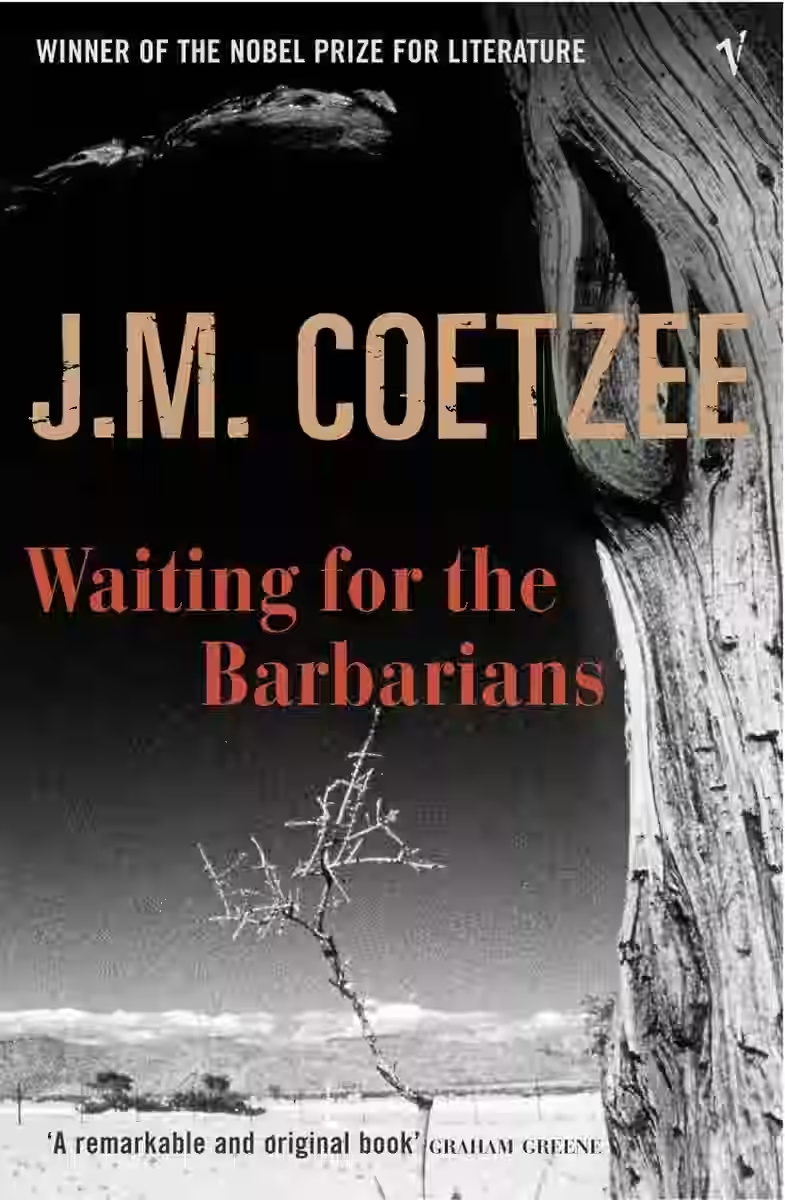
In a nameless empire, a magistrate begins to question his complicity in the brutal treatment of “barbarians” as the regime prepares for war. As he empathizes with the so-called enemy, his loyalties shift, leading to personal ruin and moral awakening. Waiting for the Barbarians is a powerful allegory of colonialism, justice, and the psychological toll of dehumanization, written in Coetzee’s spare, haunting prose.
About J.M. Coetzee
A South African novelist, essayist, and Nobel laureate, known for his sparse, precise prose and unflinching examination of power, colonialism, and morality. His novels, including Waiting for the Barbarians and Disgrace, often feature isolated protagonists grappling with ethical dilemmas in politically charged landscapes. Coetzee's work is characterized by its intellectual rigor, allegorical depth, and exploration of uncomfortable truths, making him a powerful and critical voice in contemporary literature.
Other Books by J.M. Coetzee
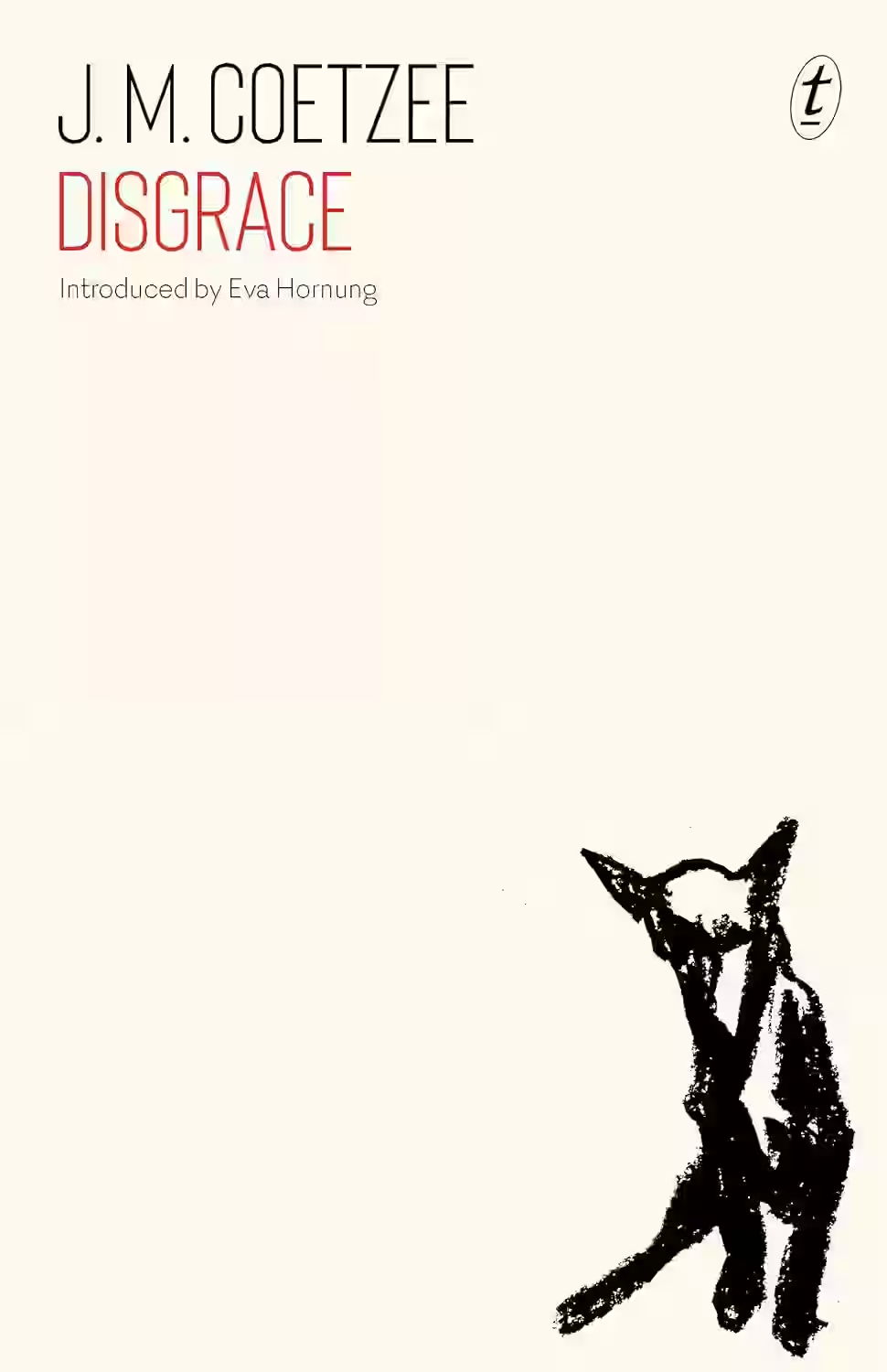
Disgrace
by J.M. Coetzee
J. M. Coetzee's Booker Prize-winning novel Disgrace, set in post-apartheid South Africa, takes us into the disquieting mind of twice-divorced university teacher David Lurie as he loses his job and his honour after engaging in an ill-advised affair with a susceptible student. When he retreats to his daughter's farm, a brutal attack highlights their fractured relationship. Is it only through intense suffering and shame-his own as well as that of others-that David can begin to change, to understand his country and what it means to be human? In Disgrace, this Nobel-Prize winning writer examines ideas of evil, violence, dignity and redemption in a country dominated by the power dynamics of race.
Similar Books

The House of Mirth
Edith Wharton’s The House of Mirth portrays the downfall of Lily Bart, a beautiful and intelligent woman navigating New York’s high society at the turn of the 20th century. Torn between love, independence, and societal expectations, Lily’s refusal to compromise leads to social isolation and personal ruin. The novel critiques the rigid class structure, gender roles, and materialism of Gilded Age America. With elegant prose and psychological insight, Wharton delivers a tragic portrait of a woman trapped by her environment.
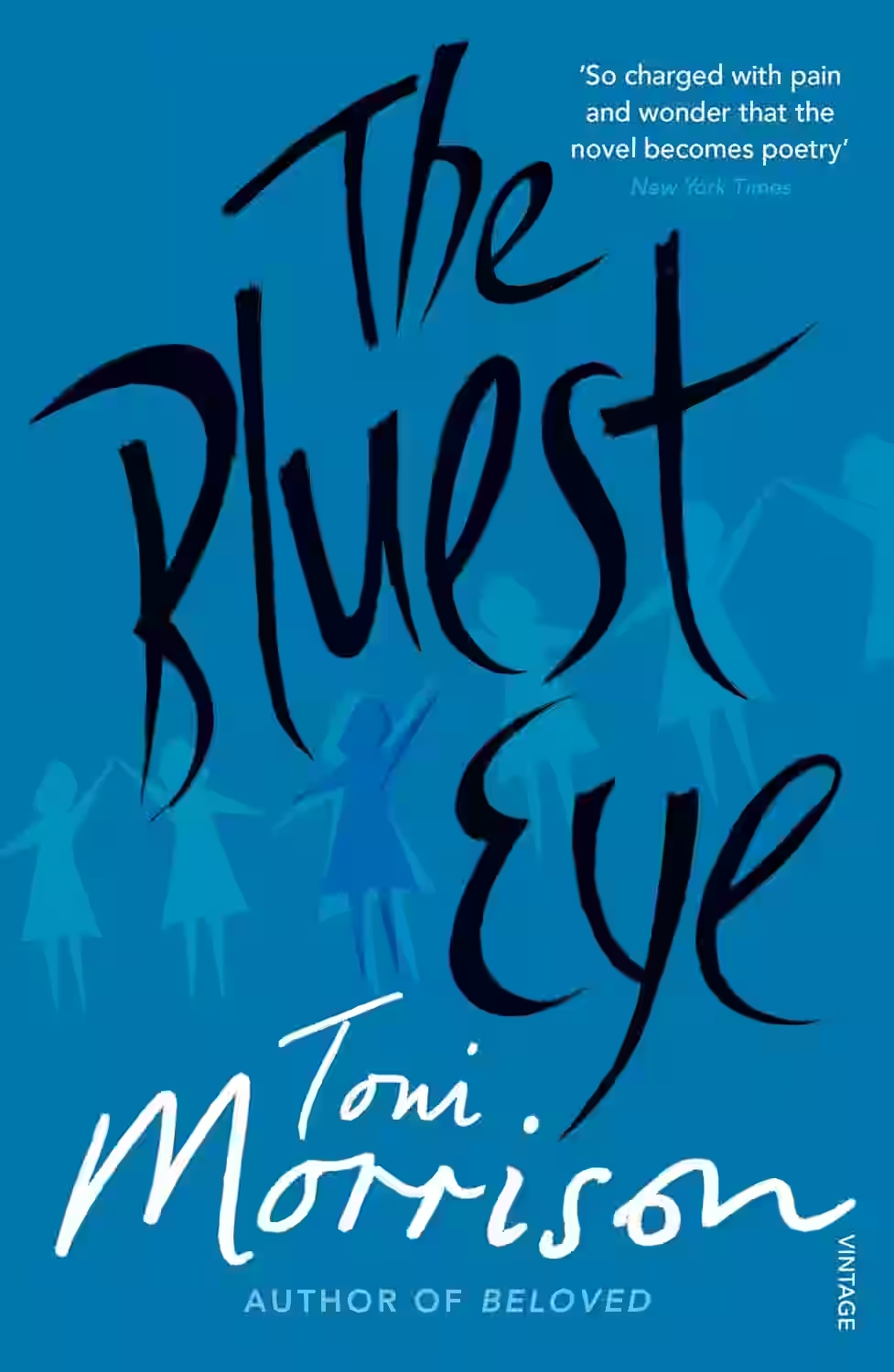
The Bluest Eye
Toni Morrison’s debut novel examines the destructive effects of racism and internalized self-hatred on a young Black girl in 1940s America. Pecola Breedlove longs for blue eyes, believing they would make her beautiful and worthy. Through shifting perspectives, the novel reveals the systemic abuse, trauma, and societal pressures that shape her world. Morrison’s lyrical and unflinching narrative critiques dominant beauty standards and racial injustice. Though brief, the novel is emotionally powerful and thematically profound, establishing Morrison as a leading voice in American literature.
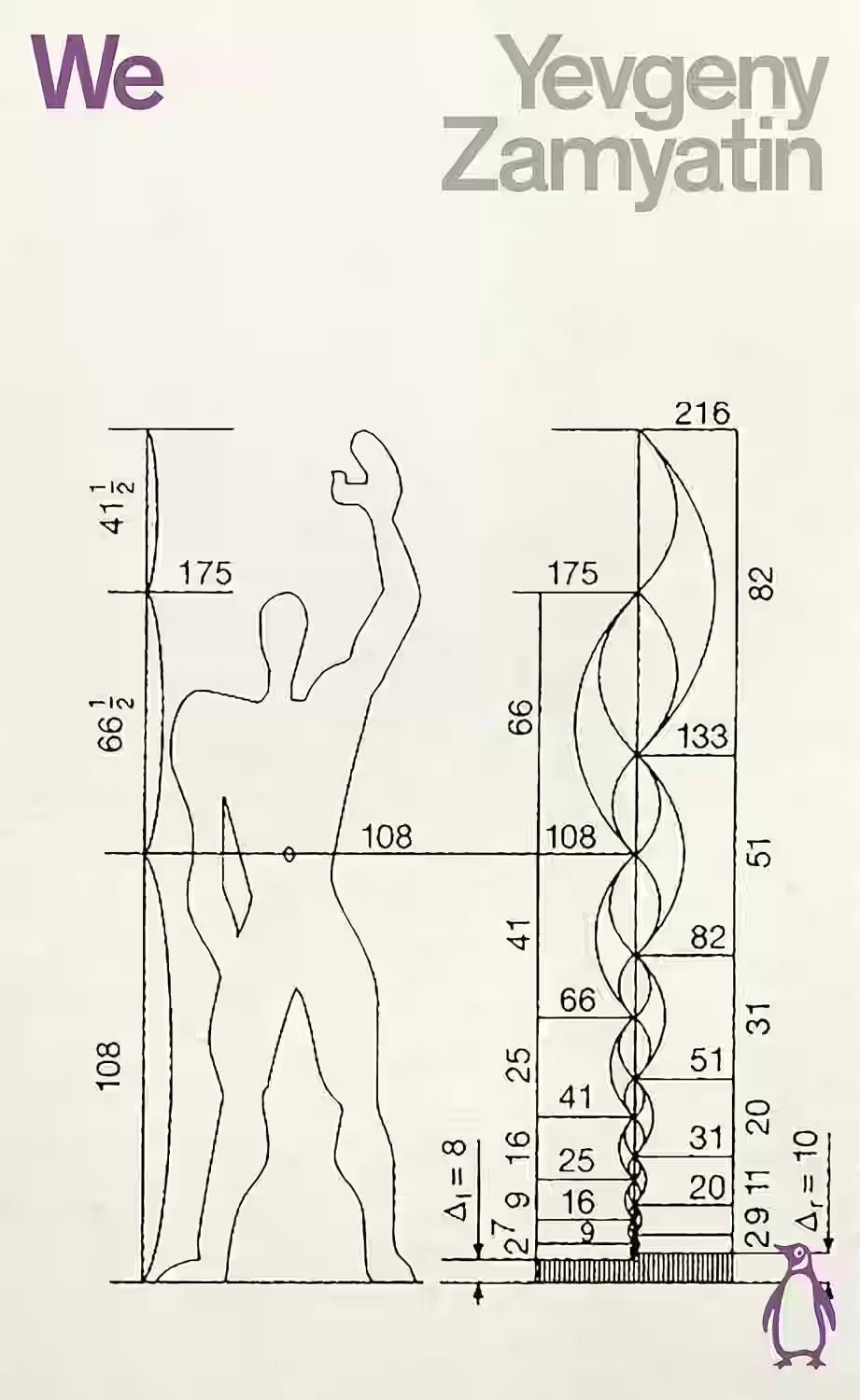
We
Yevgeny Zamyatin's "We" is a seminal piece of dystopian literature that prefigures many themes explored by later classic works like Orwell's "1984" and Huxley's "Brave New World." Set in the highly regimented One State, a society where individuals are mere cogs in a larger machine and personal freedom is subjugated to an absolute and oppressive ideology, the novel explores the nature of individuality and freedom through the protagonist, D-503, a mathematician who begins to question the infallibility of the state after falling in love with a mysterious woman. Zamyatin's work is notable not just for its powerful narrative and rich characterizations, but also for its incisive critique of authoritarianism and its enduring philosophical questions about the human condition, making it a profound and timeless read.
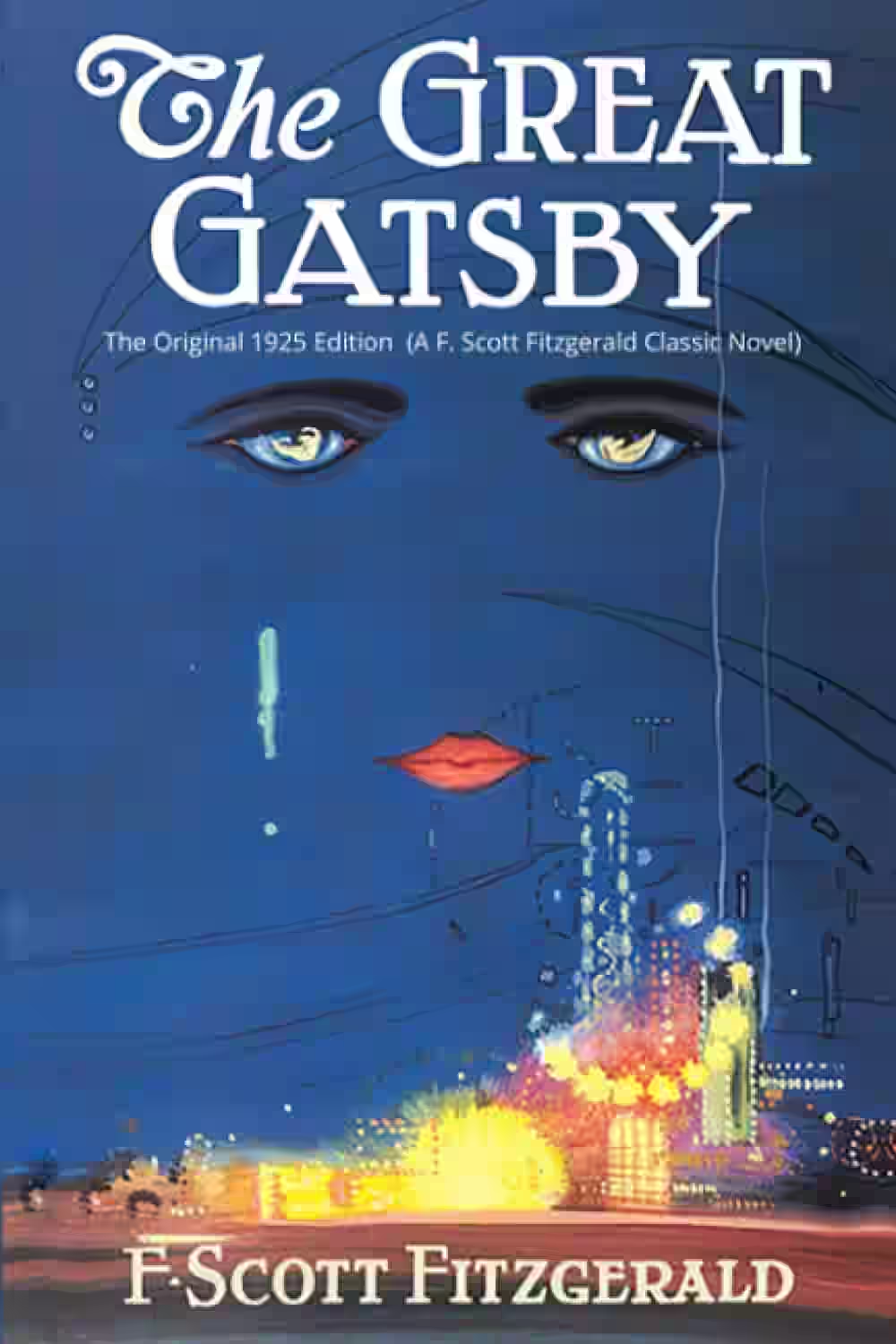
The Great Gatsby
Set in the decadent summer of 1922, this masterpiece follows mysterious millionaire Jay Gatsby's obsessive pursuit of his former love, Daisy Buchanan. Through the eyes of narrator Nick Carraway, the story unfolds in a world of lavish parties and empty morality, exploring themes of wealth, love, and the corruption of the American Dream. As Gatsby's facade crumbles, the novel reveals the hollow heart of the Jazz Age.